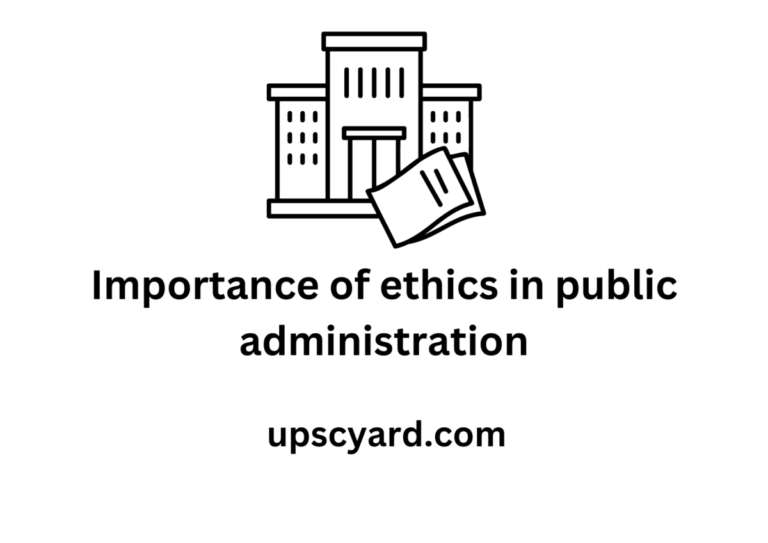Professional ethics
Professional ethics encompass the guiding principles that direct the conduct of individuals or groups within a business setting. Similar to values, these ethics offer guidelines on interacting with others and institutions within this environment respectfully and responsibly. Emphasizing the significance of ethical behavior in professional contexts fosters a human-friendly and harmonious work environment.
Ethical principles of Professional ethics
- Honesty
- Trustworthiness
- Loyalty
- Respect for others
- Adherence to the law
- Doing good and avoiding harm to others
- Accountability.
Professional codes of conduct provide benefits to:
The general public benefits from the profession’s enhanced reliability, fostering confidence in their credibility.
Clients experience greater clarity and assurance in managing their matters, leading to increased satisfaction.
Members of the profession find a supportive structure to withstand inappropriate influences and make ethical choices in ambiguous situations.
The profession promotes a shared understanding of acceptable practices, encouraging cooperation and enabling fair disciplinary measures.
Other stakeholders dealing with the profession perceive it as more dependable and user-friendly, encouraging positive interactions and smoother collaborations.
Other contributors to professional ethics
Fiduciary duties
When an advisor accepts the role of assisting a client, they willingly shoulder a degree of responsibility for that individual. The client, in turn, relies on the advisor’s guidance and support for the assistance they seek. This creates a fiduciary connection between the advisor (the fiduciary) and the client (the principal). Even without a Code, this fiduciary relationship entails specific obligations from the advisor toward their client.
Contractual obligations
When an advisor forms a contract (or written agreement) with a client, it establishes legally enforceable responsibilities to fulfill the terms of the contract in a specific manner. This entails a duty to act diligently, with due care and skill, and also encompasses obligations like confidentiality and honesty, even if these are not explicitly stated in the contract. This legal relationship between the advisor and the client ensures that both parties have clear expectations and commitments in their professional interactions.




